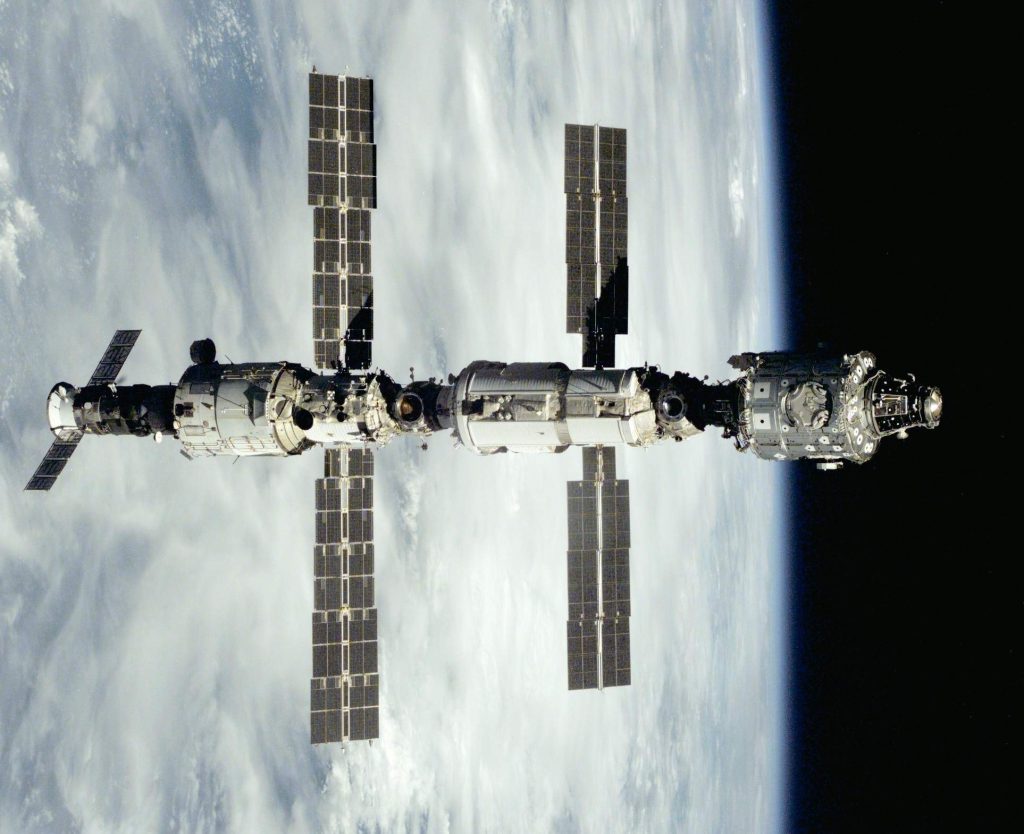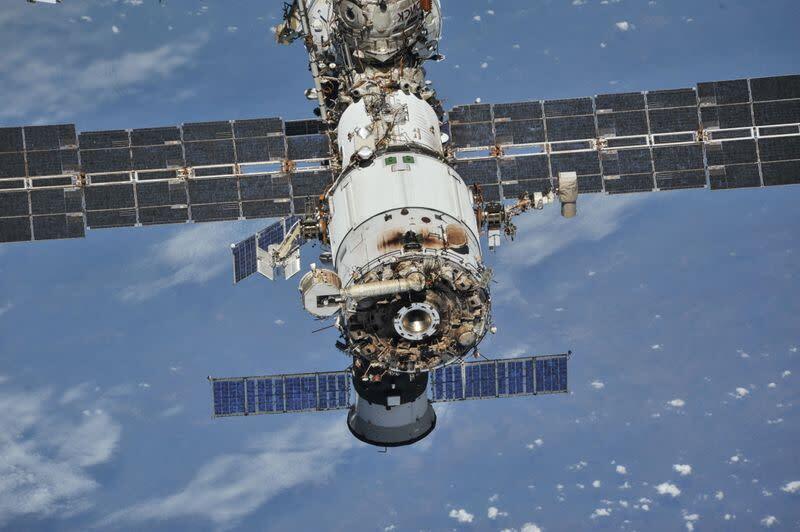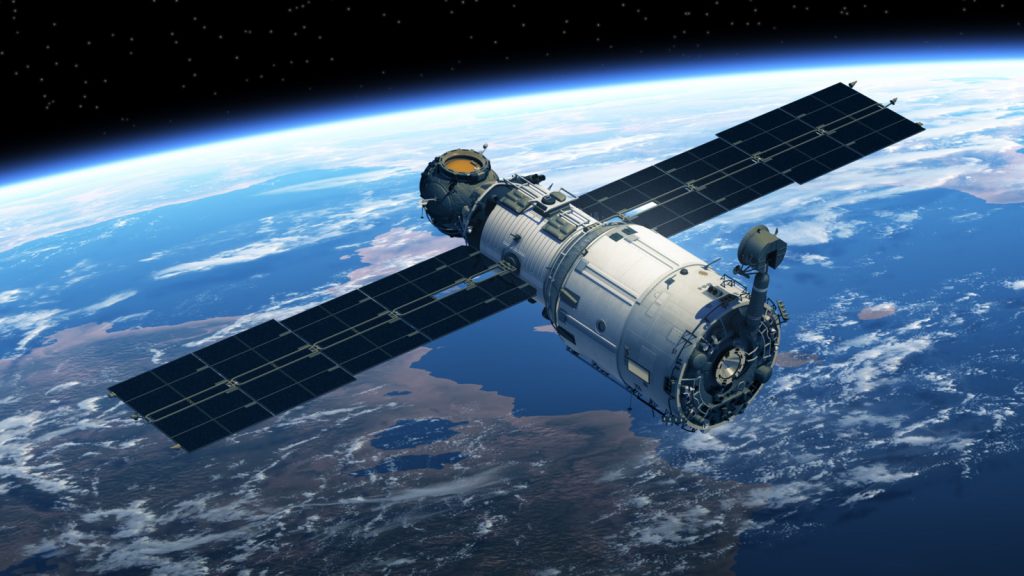The Russian astronauts aboard the International Space Station have discovered small cracks on their side of the ISS module, and there’s a possibility that they could eventually widen, Reuters reports.
“Superficial fissures have been found in some places on the Zarya module,” Vladimir Solovyov, chief engineer at Russian space corporation Energia, told state-owned news agency RIA, as quoted by Reuters. “This is bad and suggests that the fissures will begin to spread over time.”

This is yet another example of how old ISS is. It has been in operation for over twenty years now. The 41-foot-long Zarya module was the first piece of the space station (ISS), and it launched into orbit in 1998. Mainly used for storage and propulsion, the module is now showing cracks and fissures. It hasn’t yet posed any serious threat to the crew aboard— but the situation could turn in the future.
It is still not clear how extensive the new cracks are or what might have caused them. Solovyov did not say whether the cracks were causing any air leaks, Reuters reported.

Russian media previously reported that Solovyov told the Russian Academy of Sciences: “There are already a number of elements that have been seriously damaged and are out of service. Many of them are not replaceable. After 2025, we predict an avalanche-like failure of numerous elements onboard the ISS.”
After this week’s report, Russia has aggressively started to detach itself from the space station’s operations. It has announced to leave it as soon as 2025.

During the search, both Roscosmos and NASA were mindful of stationed crews’ safety.
In September 2019, another space-station module, Zvezda, also showed cracks and started leaking air. But, again, the leak didn’t pose a major threat to the station’s crew until ISS managers observed an increased leakage rate. Finally, a year later, the astronauts were able to determine the location of the tiny cracks.
The newly-discovered cracks in the ISS module are pretty bad news. Although, there’s no official confirmation from NASA just yet.


